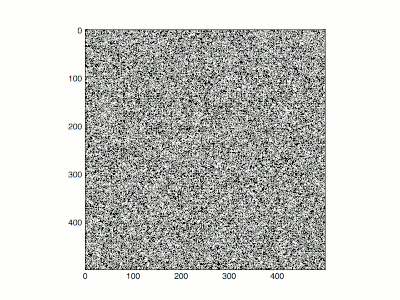- Take a look at Fortran! This dinosaur is back in the top 20 after more than 10 years. Fortran was the first commercial programming language ever, and is gaining popularity thanks to the massive need for (scientific) number crunching. Welcome back Fortran.
My first programming experience was with Fortran. I spent a summer modeling phase transitions in super conductors and crystal lattices listening to Christina Aguilera and Britney Spears. A fellow student supplied the tunes. Not bad coding music, TBH.
It's also a relatively small language to learn, even including those APIs. With some previous exposure to programming and materials like this you can start serious computing projects in a matter of days.
Coded up the Ising Model, huh? Classic. Double pendulum is another classic. I did electron avalanche in a channel electron multiplier, even though the scattering was a li'l bit BS; I'm not gonna code in the exact QM interactions for a class project. Fortran 90 is a reasonable language, imho, and still the fastest for computation, I think. Fortran 77 was the worst thing I've ever worked with in my life. Just ditched IDL (proprietary astro/space physics community bullshit) for Python. The libraries, m'boy, the libraries!
I hardly remember. I believe so, but I think we were creating a model using a free energy equation. This is the pub I got out of the efforts: https://sci-hub.st/10.1103/PhysRevLett.88.245701 I recall my Fortran superconductor model did look a lot like this:
Ohhhhhh, been a while since I dipped my toes into stat mech. The last thing we got into was group renormalization theory, and in a year or two, I'm gonna dust off my Pathria & Beale and see if it's applicable to my corner of physics. No one in my community uses group renormalization, so it's either useless or a potential goldmine.
